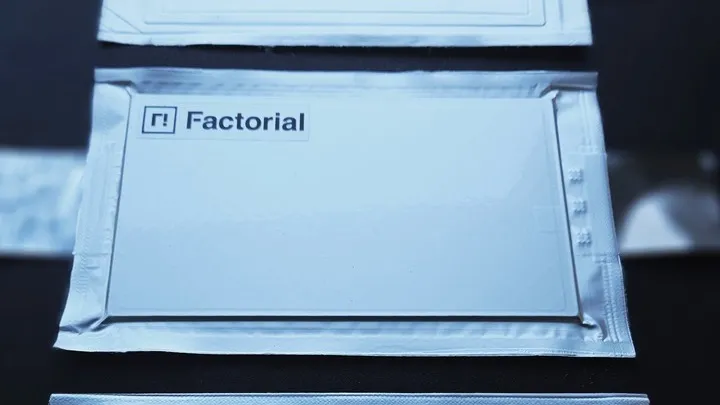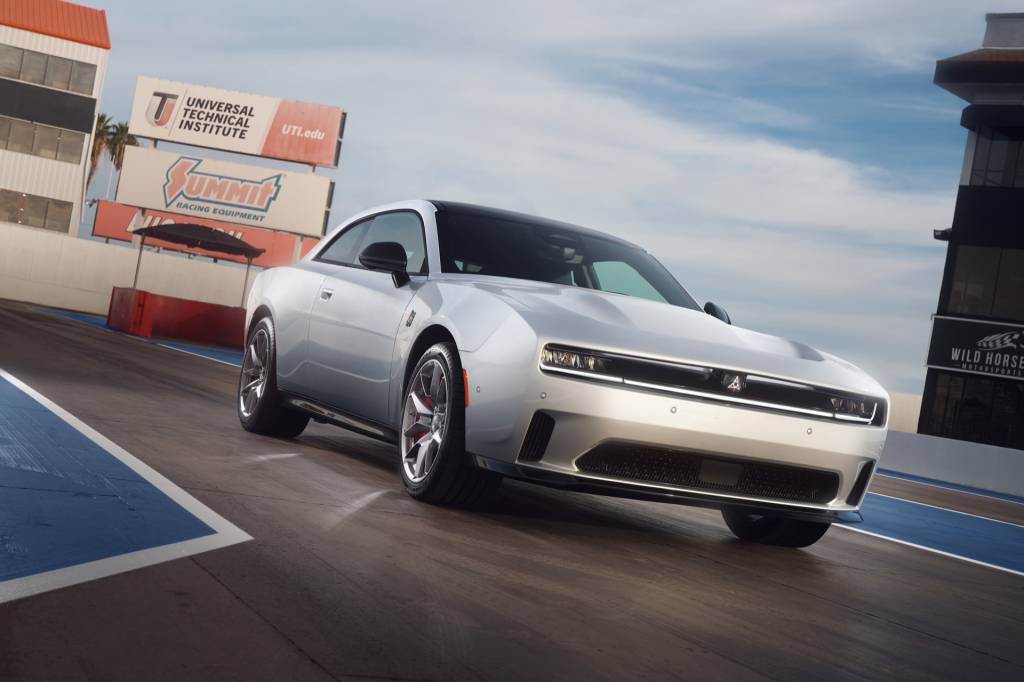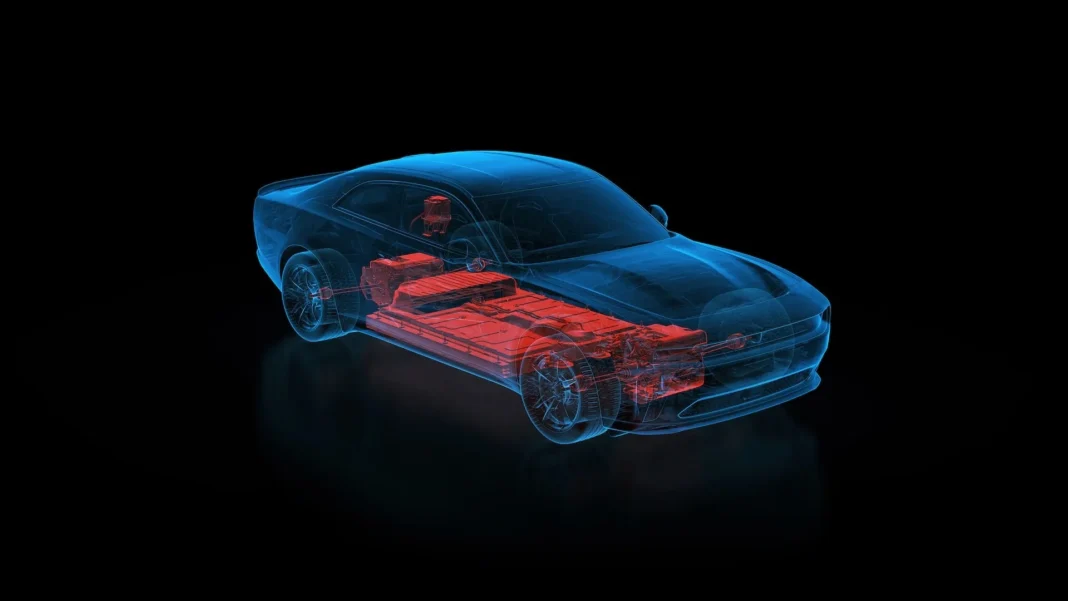Stellantis will test solid-state battery cells from Massachusetts-based Factorial in a fleet of Dodge Charger Daytona electric vehicles starting in 2026, the two companies announced Wednesday.
The test fleet “will enable the validation of Factorial’s technology and assessment of its performance in real-world driving conditions,” the companies said. It will also help Stellantis gauge whether Factorial’s solid-state cells can be integrated with its EV-focused STLA Large platform—which underpins the Charger, Jeep Wagoneer S, and other upcoming models—on a commercial scale.

Factorial solid-state battery cell
It’s also yet another step toward commercialization of Factorial’s battery tech, which the company has been slowly advancing toward over the past few years. Factorial began providing test cells to automakers in 2022. The following year, Factorial opened what it billed as the largest U.S. solid-state EV battery plant yet in a Boston suburb.
Stellantis invested $75 million in Factorial in 2021. Other automaker investors include Hyundai and Mercedes-Benz. Earlier this year, Factorial announced that its Solstice solid-state cell developed in collaboration with Mercedes could boost EV range by up to 80% through greater energy density.

2024 Dodge Charger Daytona
Other automakers are also funding solid-state battery tech. Volkswagen has partnered with QuantumScape, while Nissan and Toyota are running in-house development programs. Earlier this year, Toyota confirmed plans to begin manufacturing solid-state cells in 2026 or soon after then, albeit likely in small amounts for low-volume EVs.
Meanwhile, the Charger Daytona is expected to arrive at dealerships before the end of the year with a $61,590 base price for the entry-level R/T model. It’s expected to return 317 miles of range with a 100.5-kwh (93.5-kwh usable) battery pack comprised of conventional lithium-ion cells.

